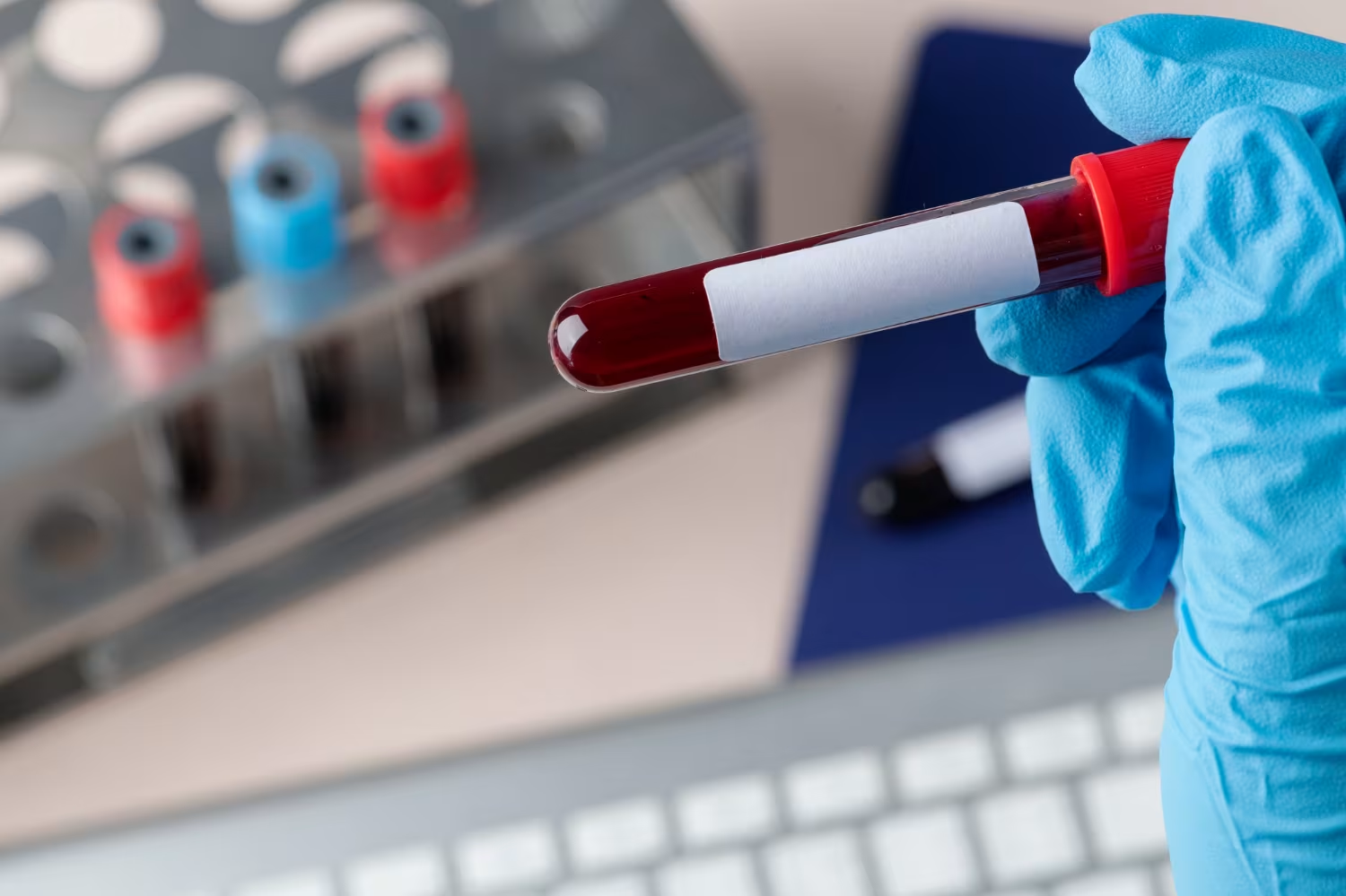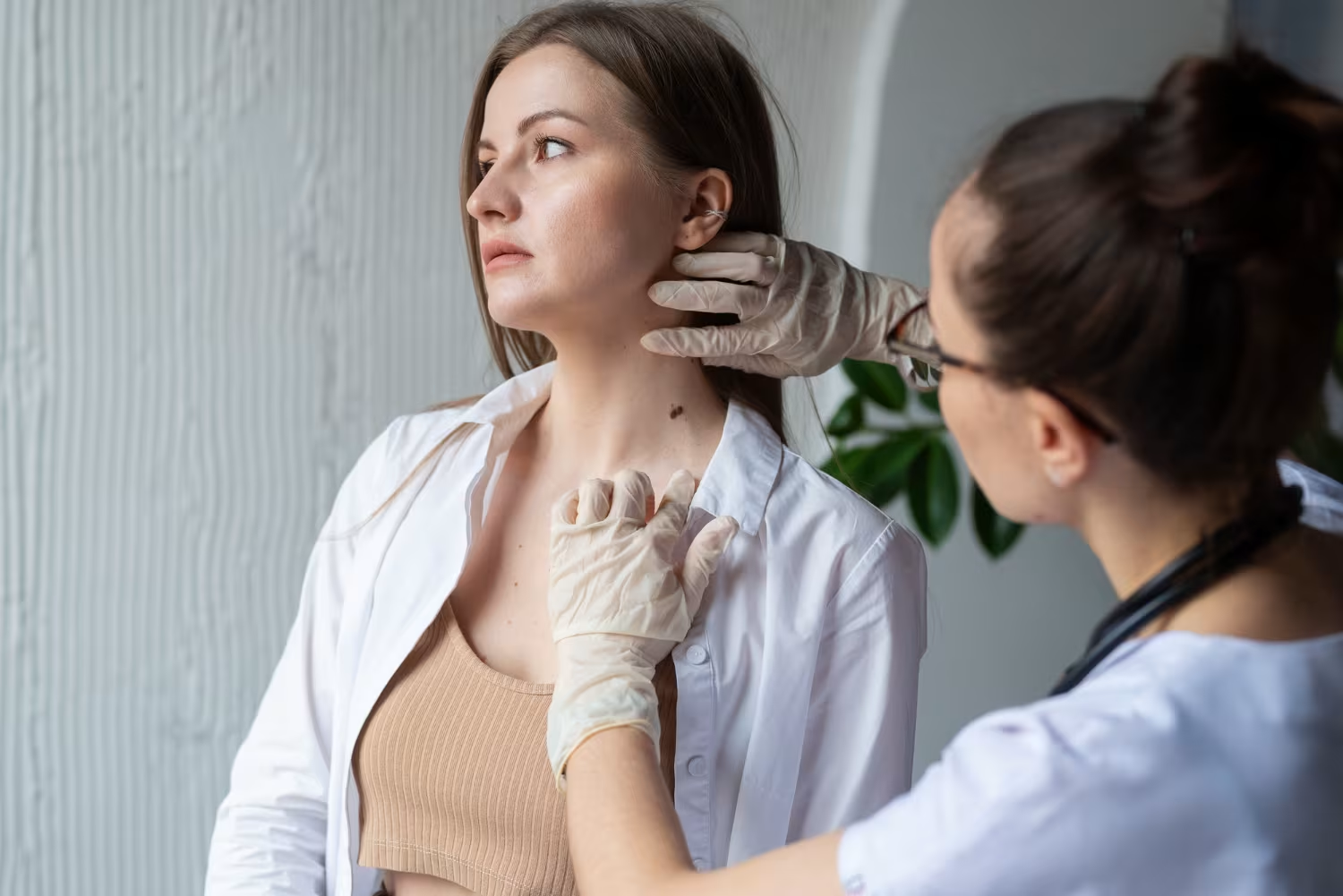
The holiday season is often associated with joy, celebration, and family time. But for many, it can also bring feelings of stress, anxiety, loneliness, or sadness. At Private Medical Clinic, we understand that Christmas can be a challenging time for mental health, and we are here to help you navigate this season with care and support.
Why Christmas Can Be Challenging for Mental Health
While Christmas is often seen as a festive time, it can bring its own unique stressors:
How You Can Support Your Mental Health This Christmas
How Private Medical Clinic Can Support You
At Private Medical Clinic, we understand the importance of mental health, especially during the holiday season. We offer:
Your mental health matters, and there's no need to struggle alone. Whether you need someone to talk to or practical support, our compassionate team is here to help you feel your best, not just during Christmas, but all year long.
Christmas may come with its challenges, but small steps can make a big difference. By setting boundaries, prioritising self-care, and seeking support when needed, you can manage your mental health and find moments of peace and joy this holiday season.
At Private Medical Clinic, we're here to help you navigate this time with confidence and care. Reach out today for support—you don't have to face it alone.
Wishing you a peaceful and healthy holiday season, from all of us at Private Medical Clinic. Click here to book your appointment with one of our Doctors.





